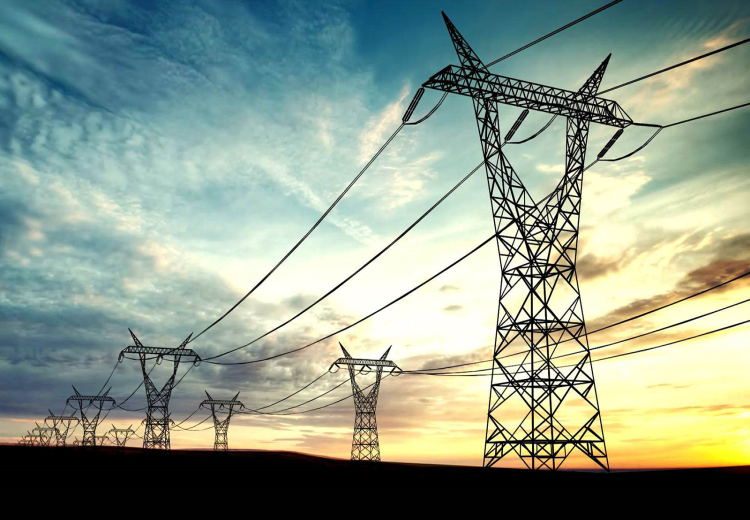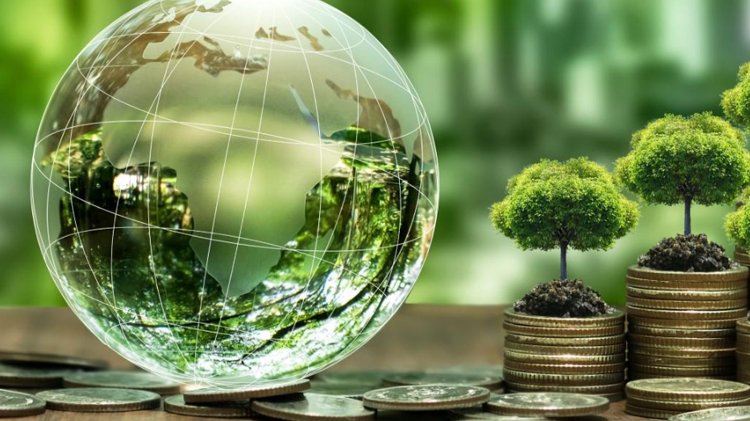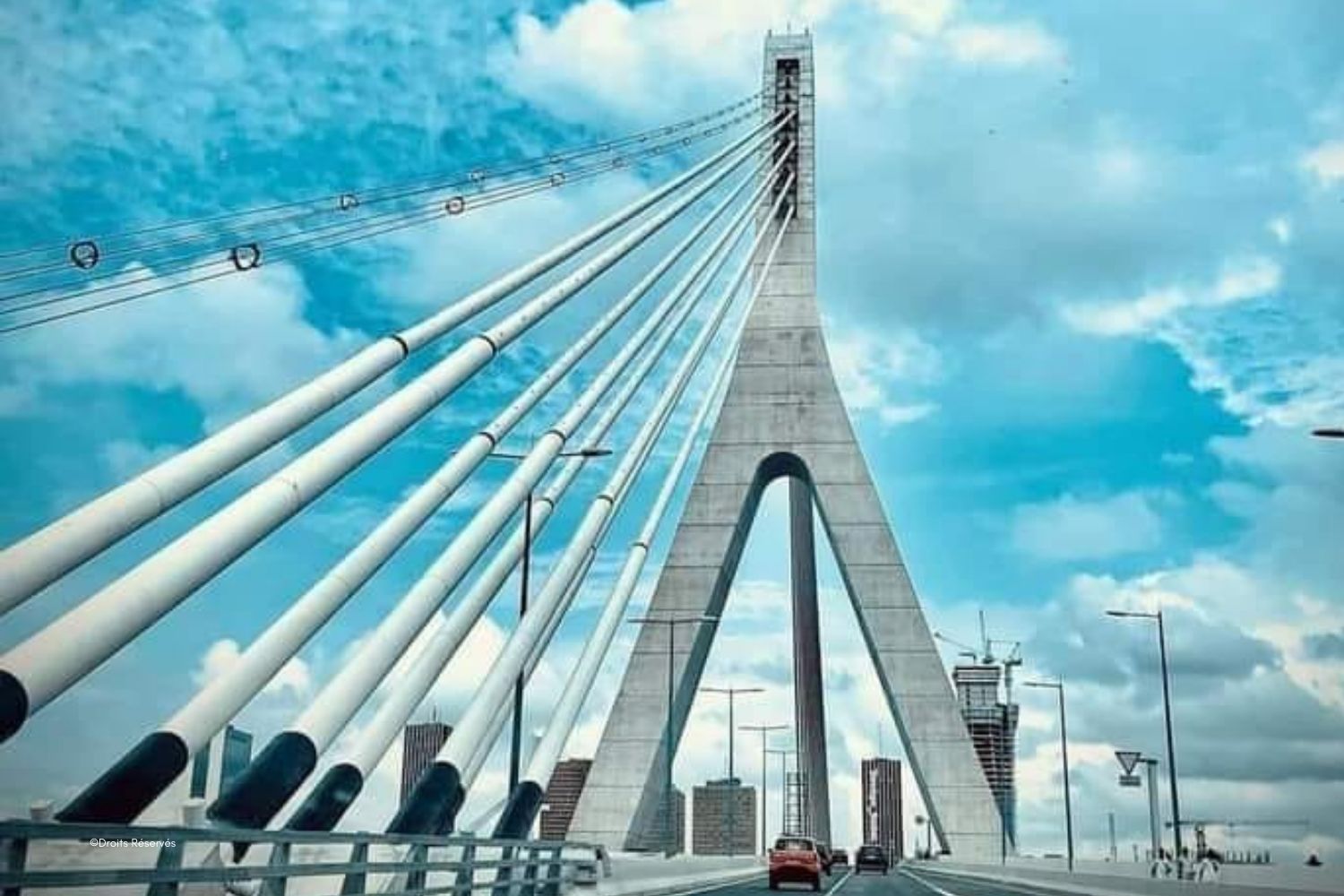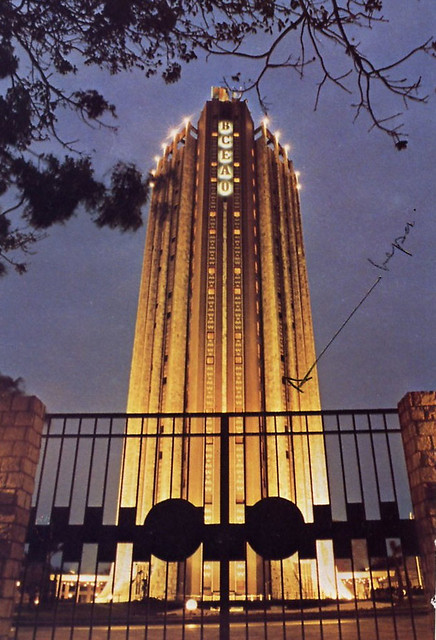An ambition of 5,000 MW by 2030 to strengthen the role of a regional energy hub.
The electric power sector in Côte d'Ivoire is a strategic pillar of national economic development and sub-regional integration. In a context of sustained growth and structural transformation of the economy, Ivorian authorities have undertaken a series of ambitious reforms over the past decade aimed at ensuring a reliable, sustainable, and inclusive energy supply.
To date, Côte d'Ivoire has one of the most viable and resilient electrical systems on the African continent. Between 2011 and 2023, national production capacity experienced a spectacular increase, rising from 1,391 MW to 2,907 MW, representing a 109% increase, supported by cumulative investments of around 1,700 billion CFA francs, nearly 1,000 billion CFA francs of which came from the private sector. Since 2024, an additional 1,221 billion CFA francs in investments are underway, reflecting the ongoing momentum in the sector.
Electricity production currently relies on an energy mix dominated by thermal sources (76.4%) and hydroelectricity (23.6%). However, the country is increasingly committed to energy transition, particularly through the gradual integration of renewable energies. In March 2024, the first photovoltaic solar power plant in Boundiali, with a capacity of 37.5 MW (phase 1), was inaugurated at a cost of 49.5 billion CFA francs. This infrastructure marks the beginning of a shift towards low-carbon energy sources.
In its energy vision for 2030, Côte d'Ivoire aims to increase its production capacity to 5,000 MW, with 42% coming from renewable sources, in line with commitments made under the Paris Agreement and the African Union's Agenda 2063. This strategy is also part of the country's desire to strengthen its position as a sub-regional energy hub, ensuring stable exports to neighboring countries (Ghana, Mali, Burkina Faso, Liberia, etc.).
In terms of access to electricity, Côte d'Ivoire demonstrates remarkable performance. The electrification rate of localities reached 94% in 2023, with a target set at 100% by the end of 2025. The number of subscribers increased from 1.1 million in 2011 to over 4 million in 2023, reflecting a significant improvement in energy inclusion. Furthermore, the quality of service has markedly improved, as evidenced by the reduction in the average annual outage time, which decreased from 47 hours in 2011 to 29 hours in 2023.
By modernizing its electricity sector and gradually integrating renewable energies, Côte d'Ivoire is laying the foundations for a robust, inclusive, and sustainable energy system. With the goal of 5,000 MW by 2030, the country is reinforcing its position as a regional energy hub and confirming its commitment to a responsible energy transition.
Source: Sika finance, Web Portal MEPD




